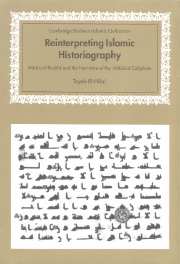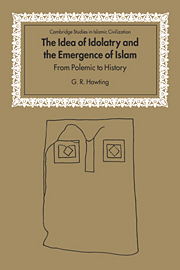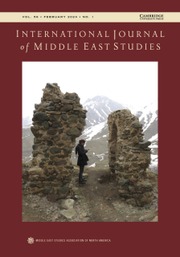Reinterpreting Islamic Historiography
The history of the early 'Abbasid Caliphate has long been studied as a factual or interpretive synthesis of various accounts preserved in the medieval Islamic chronicles. Tayeb El-Hibri's book breaks with the traditional approach, applying a literary-critical reading to examine the lives of the caliphs. By focusing on the reigns of Harun al-Rashid and his successors, the study demonstrates how the various historical accounts were not in fact intended as faithful portraits of the past, but as allusive devices used to shed light on controversial religious, political and social issues of the period. The analysis also reveals how the exercise of decoding Islamic historigraphy, through an investigation of the narrative strategies and thematic motifs used in the chronicles, can uncover new layers of meaning and even identify the early narrators. This is an important book which represents a landmark in the field of early Islamic historiography.
- Landmark, post-modernist interpretation which will reopen the debate on how to analyse the veracity and dating of the sources in early Islamic history
- One of the most important periods in Islamic history discussing one of the most colourful figures: Harun al-Rashid
- Should cut across the history and literature disciplinary divides
Product details
November 1999Hardback
9780521650236
250 pages
236 × 160 × 22 mm
0.54kg
Available
Table of Contents
- Acknowledgements
- List of abbreviations and note on the dates
- Genealogical table: the line of the early 'Abbasid caliphs
- 1. Historical background and introduction
- 2. Harun al-Rashid: where it all started and ended
- 3. Al-Amin: the challenge of regicide in Islamic memory
- 4. Al-Ma'mun: the heretic Caliph
- 5. The structure of civil war narratives
- 6. Al-Mutawakkil: an encore of the family tragedy
- Conclusion
- Select bibliography
- Index.




